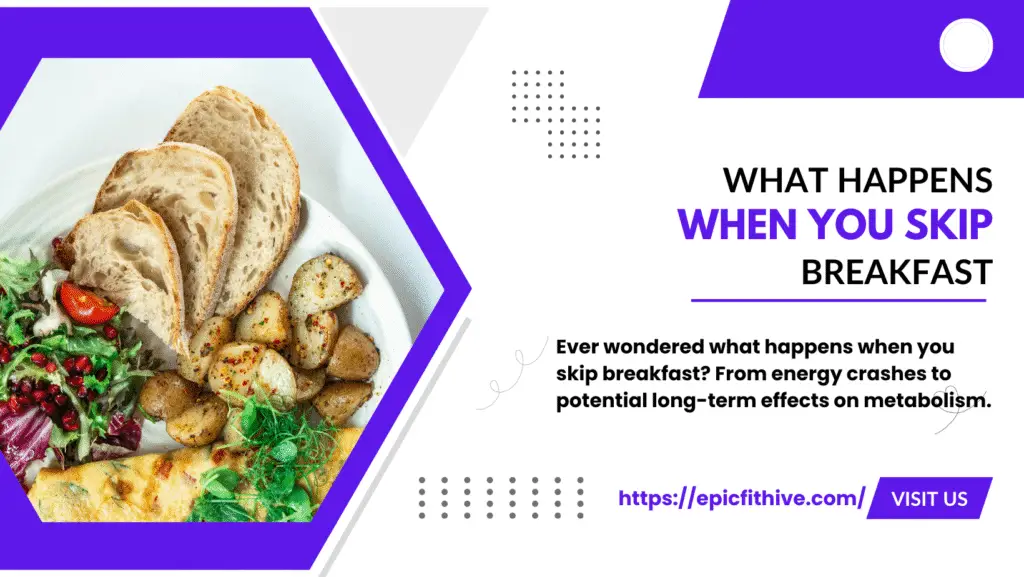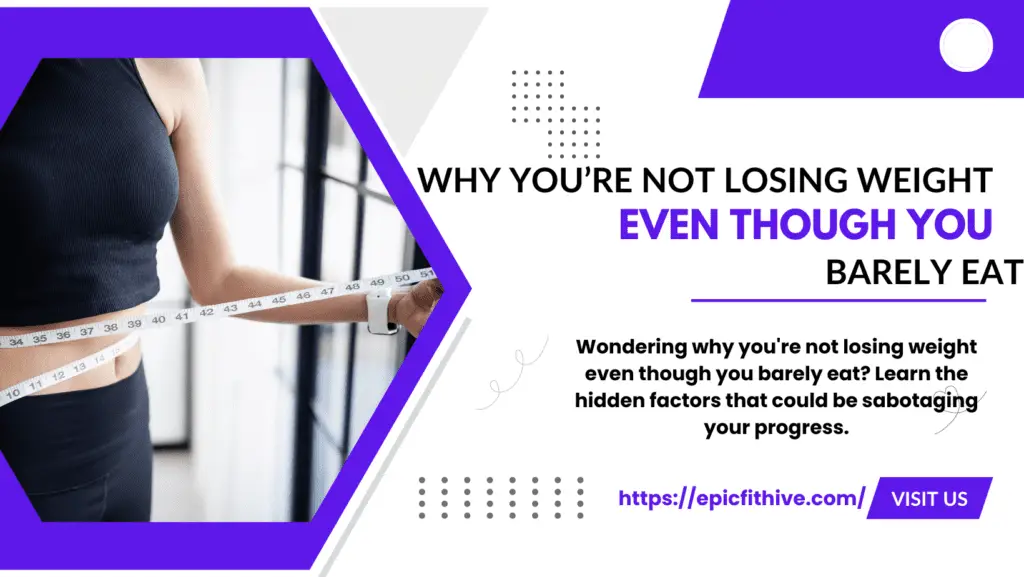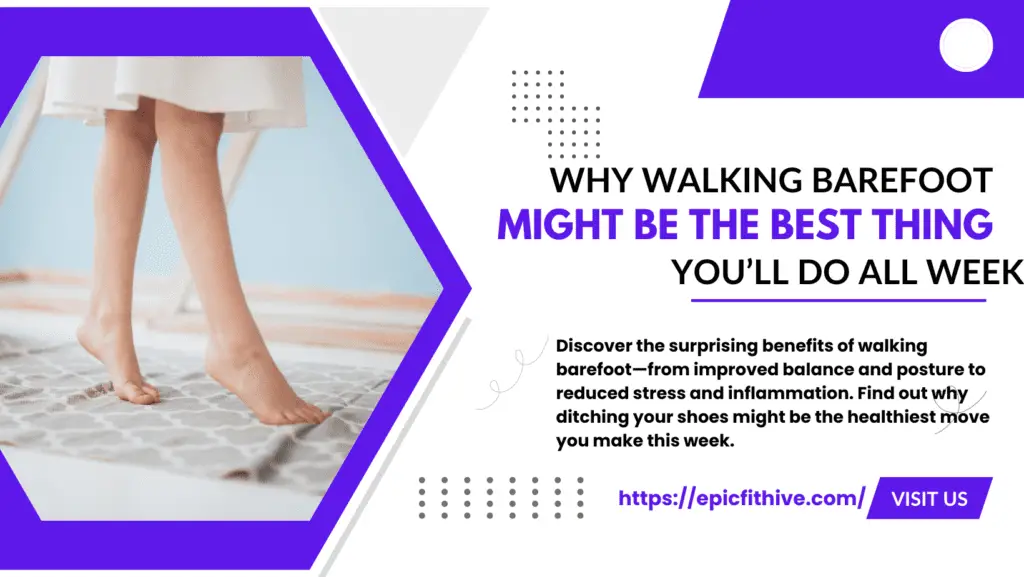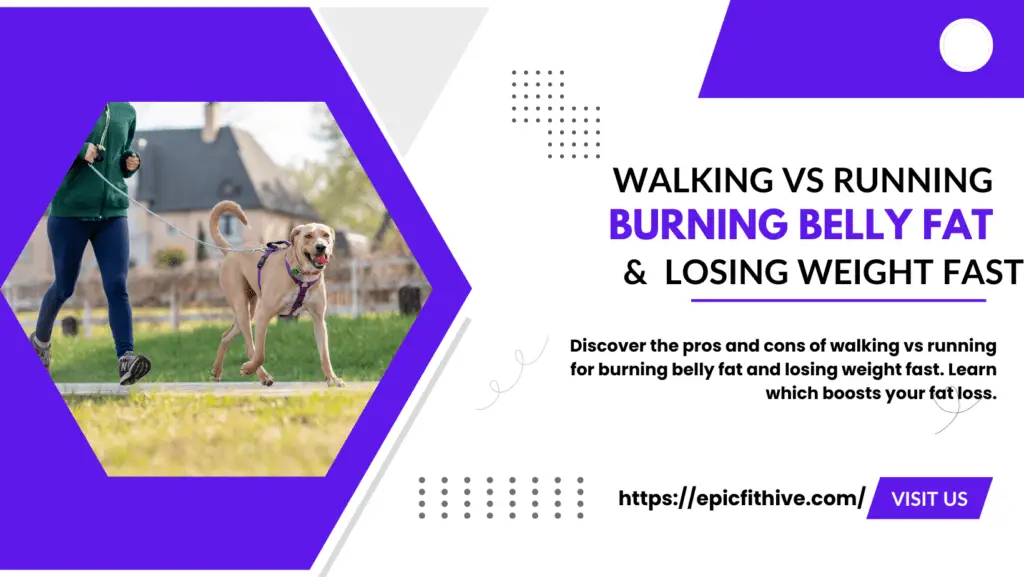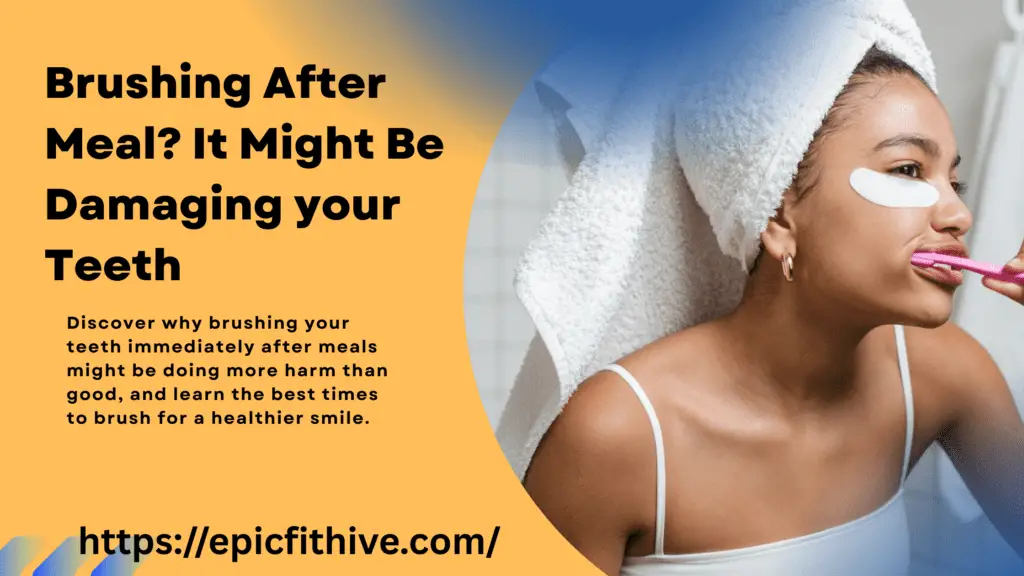What Happens When You Skip Breakfast
What happens when you skip breakfast Daily and Why It’s the Worst Morning Habit for Your Health is something far too many people learn the hard way. If you’ve ever rushed out the door with just coffee in your hand, thinking you’ll “eat later,” you’re not alone—and you’re not doing your body any favors. Welcome to our hive! For busy moms, young professionals, students, and anyone trying to manage life on the go, skipping breakfast can feel like a time-saver. But the truth? This one habit could be draining your energy, harming your mood, slowing your metabolism, and increasing your risk for long-term health problems. Let’s explore the hidden ways your body responds when you skip breakfast—and why changing this one habit might completely transform your health. Why Skipping Breakfast Is the Worst Morning Habit for Your Health What Does Skipping Breakfast Really Do to Your Energy? After a night of fasting, your body is running on empty. Skipping breakfast means you’re delaying the fuel your brain and muscles need to function well. The result? You feel sluggish, mentally foggy, and more likely to rely on caffeine and sugar for a temporary lift—only to crash later in the day. Is Skipping Breakfast Bad for Your Mood? Yes—and not just a little. Missing your first meal can spike cortisol levels, the body’s stress hormone, leaving you irritable and anxious. Without food, your brain doesn’t get the glucose it needs to regulate emotions and focus. You may feel more overwhelmed by daily tasks, even if you slept well the night before. What Really Happens to Your Body When You Skip Breakfast Daily and Why It’s the Worst Morning Habit for Your Health Does It Cause Weight Gain Instead of Weight Loss? Absolutely. Many people believe skipping breakfast will help them cut calories—but the opposite is often true. Skipping breakfast leads to stronger cravings, especially for high-sugar or high-fat foods, later in the day. This can result in overeating or binge snacking, which throws your metabolism off balance and encourages fat storage. Is Skipping Breakfast Linked to Serious Health Problems? Yes, and science backs it up. Regularly skipping breakfast increases your risk of: Why? Because going without food in the morning triggers insulin resistance, encourages unhealthy eating patterns, and stresses your cardiovascular system. How Skipping Breakfast Affects Mental and Emotional Well-Being (what happens when you skip breakfast) Can It Reduce Productivity at Work or School? (what happens when you skip breakfast) Definitely. When your brain doesn’t get the nutrients it needs early in the day, it affects your ability to concentrate, remember things, and solve problems. For students and professionals alike, that means lower performance and higher stress. Does Skipping Breakfast Increase Risk for Depression? Yes, studies have linked regular breakfast skipping to higher rates of depression, loneliness, and anxiety. Nutrients like B vitamins, omega-3s, and protein—often consumed in breakfast foods—play key roles in neurotransmitter production and emotional balance. What About Kids? Is Skipping Breakfast Worse for Them? Yes—and it’s a big deal. Children and teens who skip breakfast are more likely to struggle with: Breakfast fuels their growing brains, supports attention span, and helps regulate mood. As a parent, modeling healthy breakfast habits makes a big impact. FAQs About Skipping Breakfast What Are the Best Foods for a Healthy Breakfast? You don’t need a five-star spread. The key is balance: Quick idea? Try overnight oats or a smoothie with protein powder, fruits, and spinach. What If I Don’t Feel Hungry in the Morning? Start small. Drink warm lemon water or have just a few bites of fruit and a handful of nuts. Over time, your body will adjust and start asking for food naturally. Is Intermittent Fasting the Same as Skipping Breakfast? Not exactly. Intermittent fasting is a structured eating pattern guided by intentional timing. Skipping breakfast with no plan or compensation can lead to nutritional imbalances and erratic energy levels. If you’re fasting, work with a nutritionist or research well to ensure your body still gets what it needs. The Power of a Simple Morning Habit Now that you know what really happens to your body when you skip breakfast daily and why it’s the worst morning habit for your health, it’s time to take control of your mornings. Start with something small. Keep it simple. But whatever you do, stop skipping. Breakfast isn’t just a meal—it’s the foundation of your physical and mental health for the rest of the day. Have Questions? You’re Not Alone: How does skipping breakfast impact metabolism over time? It slows your metabolism and increases fat storage, especially around the belly. What are some quick and creative breakfast ideas? Try toast with nut butter and banana, Greek yogurt with honey and seeds, or veggie omelets in muffin tins you can reheat. How does skipping breakfast affect children differently? It leads to concentration issues, behavioral problems, and lower school performance due to unstable blood sugar and lack of brain fuel.
